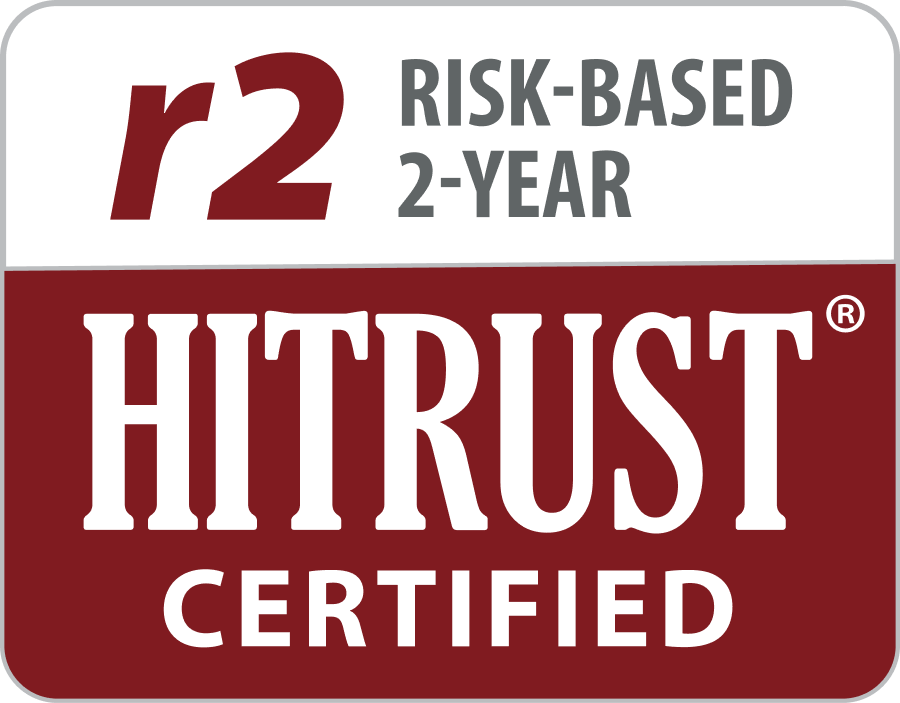
Scrutiny related to managed-care risk adjustment practices continues to increase in response to recent Office of Inspector General audit findings and qui tam lawsuits. Health plans often outsource risk adjustment activities and many leading plans take a holistic approach to manage vendors and ensure accuracy and compliance across all aspects of their programs. Keep these four vendor oversight elements top of mind as your organization gears up for 2023:
Coding Accuracy
The accuracy of diagnosis codes from prospective and retrospective activities is the cornerstone of risk adjustment program oversight. Health plans often review diagnosis code accuracy on a case-by-case basis from a subsample of completed interventions. Although this practice is critical, if it’s the only diagnosis code oversight activity it may be too narrow to identify larger issues. Analyzing all diagnosis data from vendors and comparing diagnosis frequency and specificity trends leads to more robust oversight and aids in detecting concerning trends early.
Invoicing
Risk adjustment vendor reimbursement generally involves payment through submitted medical claims or through invoices. In either case, a comprehensive reconciliation process is imperative for payments to be made following contract terms. For alignment across all parties, the best practice is to compare aggregated detail-level data against summary totals supplied by the vendor. Additionally, contractual performance-based bonuses and penalties need to be addressed throughout the year to meet service-level agreements.
Claims Reconciliation
For vendors that submit claims, encounters must be adjudicated timely and accurately. Careful reconciliation of data elements submitted within the claim is critical for success. Best practice includes reviewing diagnoses, CPT HCPCS codes, NPIs, dates of service, and member information across all encounters against vendor source data.
Member Communications
For vendors that perform outbound communication to members on behalf of a health plan, it’s important to frequently review and monitor a sampling of records for quality and compliance. Given the prevalence of telephone and email scams, members may be skeptical about phone calls or electronic correspondences from vendors. As an extension of the health plan, vendors must adhere to call scripts and provide exceptional communication with members.
ATTAC Consulting Group’s risk adjustment experts can help you keep risk scores accuracy in the forefront of your organization’s risk adjustment program. With a pulse on the latest CMS and OIG trends, ATTAC is uniquely positioned to support your organization’s risk adjustment vendor oversight program.

